Nile Mosaic of Palestrina
This splendid mosaic embodies ancient Rome's fascination with the exotic allure of Egypt.
Among its extraordinary collection of regional archaeology, the National Archeological Museum in Palestrina preserves a magnificent piece that stands apart from the rest: an ancient mosaic depicting a vivid scene of the flooding river Nile.
Dating to the 1st century BCE, this Egyptian mosaic is believed to be the product of Alexandrian craftsmen, and it is among the most spectacular of the late Hellenistic age. Measuring almost 20 by 13 feet (6 by 4 meters), the mosaic depicts a flooded Nilotic landscape, inhabited by animals both real and imaginary, Ptolemaic Greeks, Aethiopian hunters, and priests performing rituals in their magnificent temples. The figures are often labeled in Greek characters and the entire scene may represent a vivid map of the Nile as it flows from the highlands of Ethiopia to the delta in the Mediterranean Sea.
Archaeologists expect the mosaic was originally used as a flooring decoration for an apse in a large rectangular room built as an artificial grotto (as can be surmised from the shape of the mosaic), by the forum of the city of Praeneste. The piece has also been identified as evidence of the early spread of Egyptian cults in Italy, especially the cult of the Goddess Isis. (Certain scholars claim that Isis was already at this point being identified with Fortuna, Goddess of Praeneste.)
The mosaic’s rediscovery and preservation have been tumultuous: In the 1600s, the Barberini family removed the mosaic and took it to Rome. It was then returned to Palestrina but damaged in the process and had to be restored anew. During the Second World War, to avoid damage from the allied bombings, the mosaic was once more removed, but it is now again on display in Palestrina.
Know Before You Go
The Nile mosaic is on display on the third floor of the museum, which is open every day from 9 a.m. to 8 p.m.



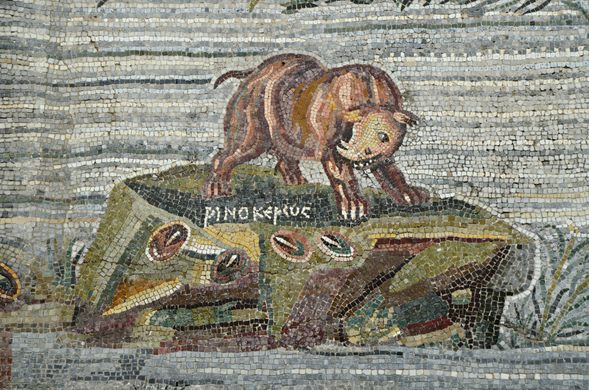
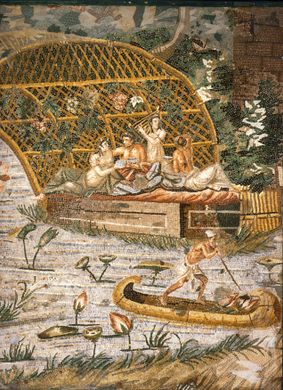


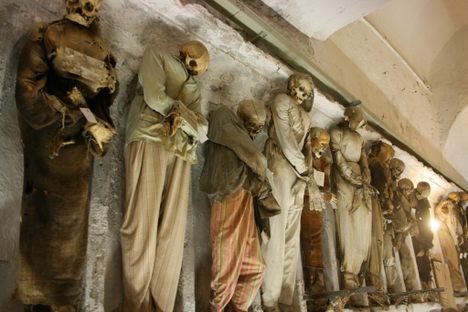



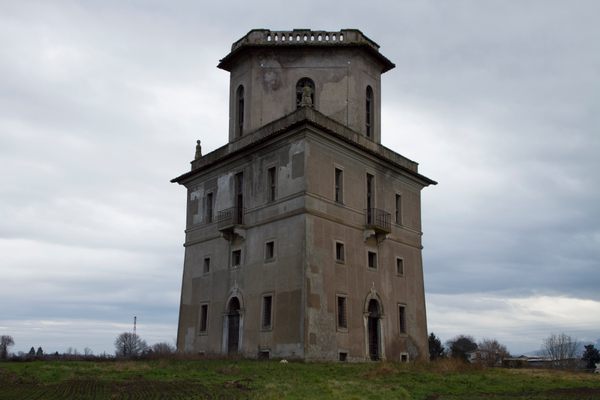
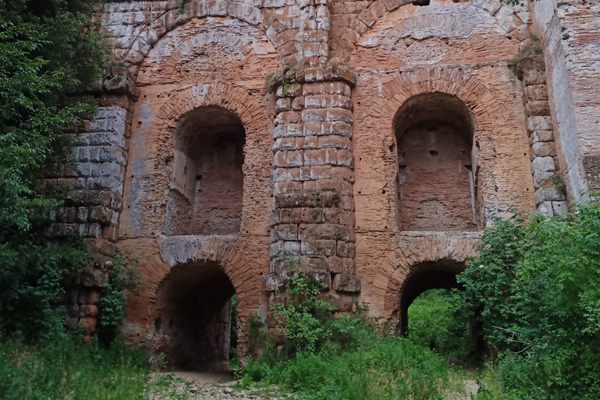
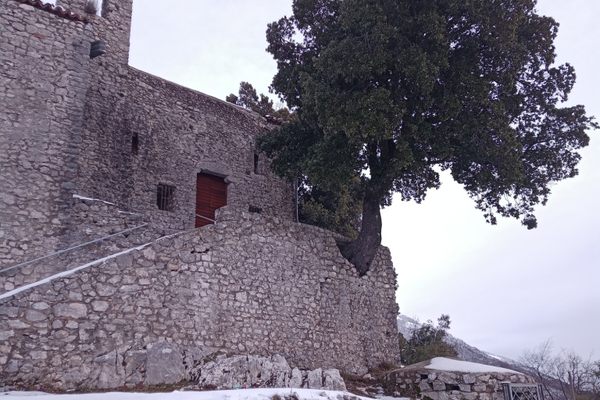

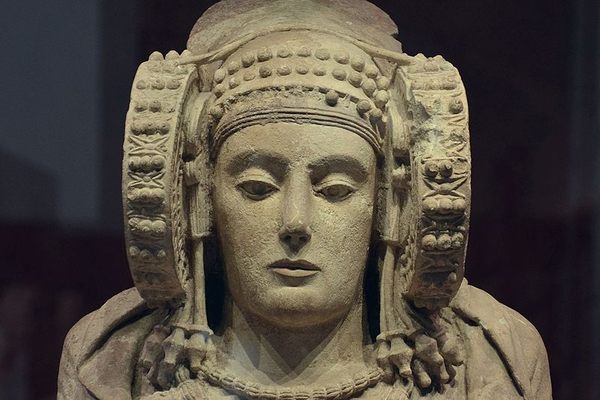
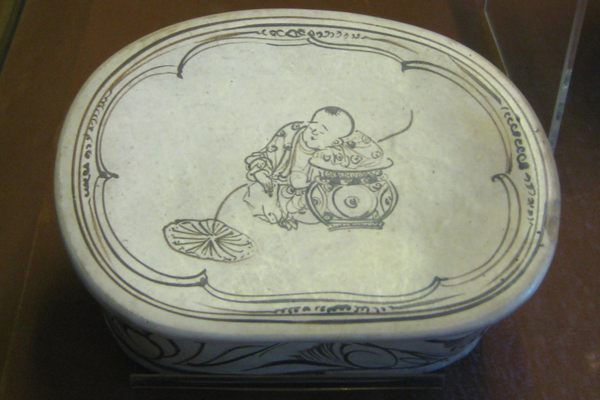

Follow us on Twitter to get the latest on the world's hidden wonders.
Like us on Facebook to get the latest on the world's hidden wonders.
Follow us on Twitter Like us on Facebook